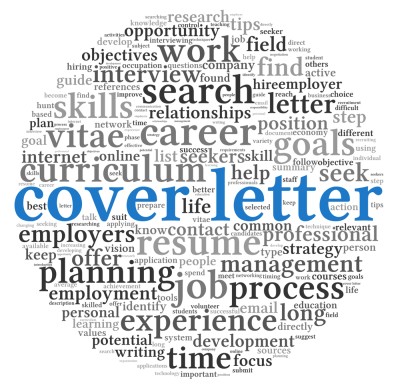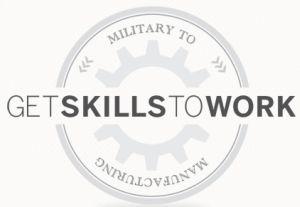How to Write an Effective Cover Letter
Post Views 6How many times have you received a letter with first-class postage and tossed it in the wastebasket only after realizing it was a form letter? Don’t make the same mistake when contacting others in your job search. Here are five suggestions that will get your letter read and retained.
1. Don’t waste your time and money on mass mailings. A letter sent to a generic recipient is not much better than something addressed “Dear Occupant.” Before you mail off your résumé, make sure you have some tangible connection with the addressee. If you have no specific information about the person you want to write, wait to send the letter until you do!
2. Personalize your letter. For an immediate link, refer in your first sentence to the name of any mutual acquaintance. If you can find a point of mutual interest (such as an article written by the recipient), use it to open your letter. If you have achievements you know the recipient would find compelling, start out by describing them.
3. Focus on the recipient, not yourself. The body of your letter should motivate the recipient to set up an interview or help you with other referrals. To do that, your letter must focus on the recipient’s needs, not how impressive your credentials are. A marketing expert with a Pacific Northwest law firm suggests you quickly respond to the unspoken question, “What’s in it for me?” Present one or two pieces of information from your résumé that best answer this question.
4. Simplicity is the key. Say what you want to say in an unadorned, straightforward manner that doesn’t sound like bragging. Don’t write complex sentences or pick fancy words to make you sound educated and important. That strategy will make you sound “obscure and affected” instead, says Richard Andersen, author of Powerful Writing Skills. “Generally speaking,” says Andersen, “the more natural the tone of your writing, the more appealing your message will be.”
5. Use an active closing. Make a statement that forces you to follow up. Request a meeting and tell the recipient when you’ll call to schedule it. If you’re writing a thank-you letter, let the recipient know what you intend to do as a next step–and then do it! This way your job search will stay in motion.
By: Harrison Barnes, CEO of Granted
How to Write an Effective Cover Letter by Harrison Barnes



 How to Adjust Your Resume to Show You Are the Perfect Fit
How to Adjust Your Resume to Show You Are the Perfect Fit  Make Red-Eye Flights Work for Your Career
Make Red-Eye Flights Work for Your Career  Resume Secrets to Give Yourself a Fighting Chance
Resume Secrets to Give Yourself a Fighting Chance  10 Resume Tips That Won’t Lead You Astray
10 Resume Tips That Won’t Lead You Astray  Build Your Personal Brand with Pictures
Build Your Personal Brand with Pictures  Careers In Radiologic Technology (x-ray)
Careers In Radiologic Technology (x-ray)